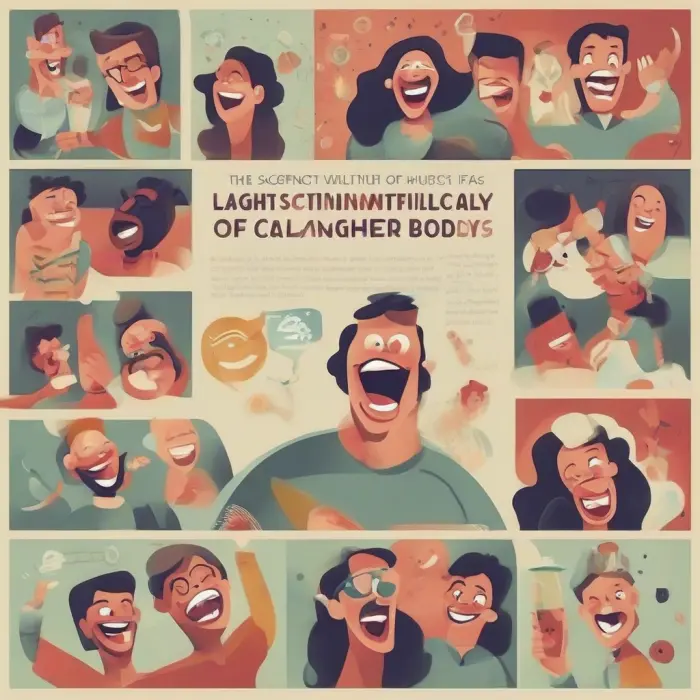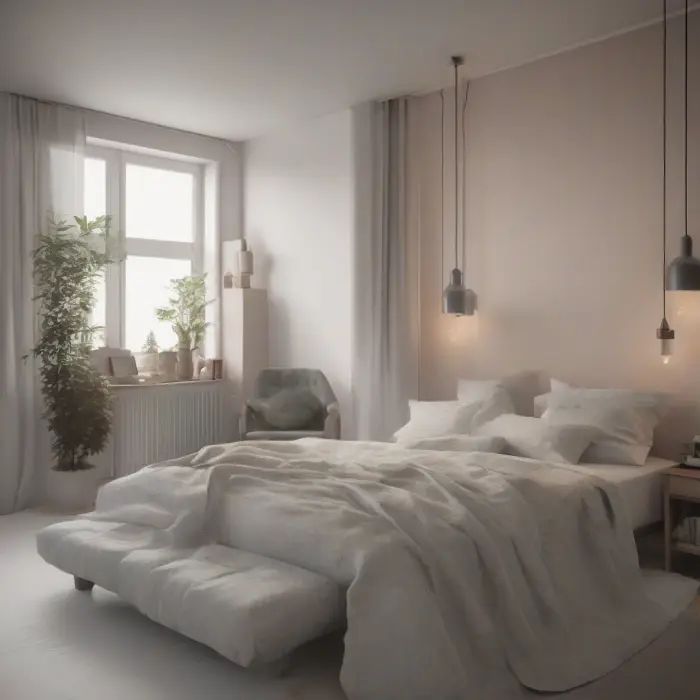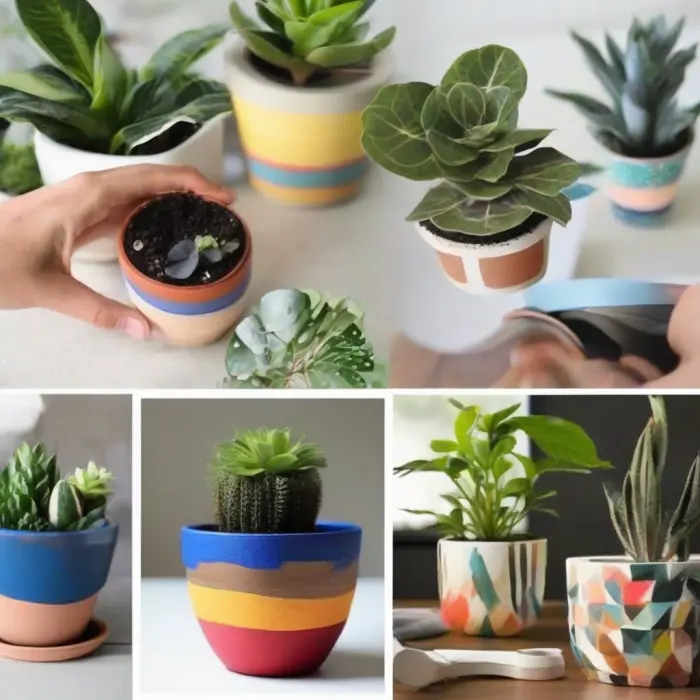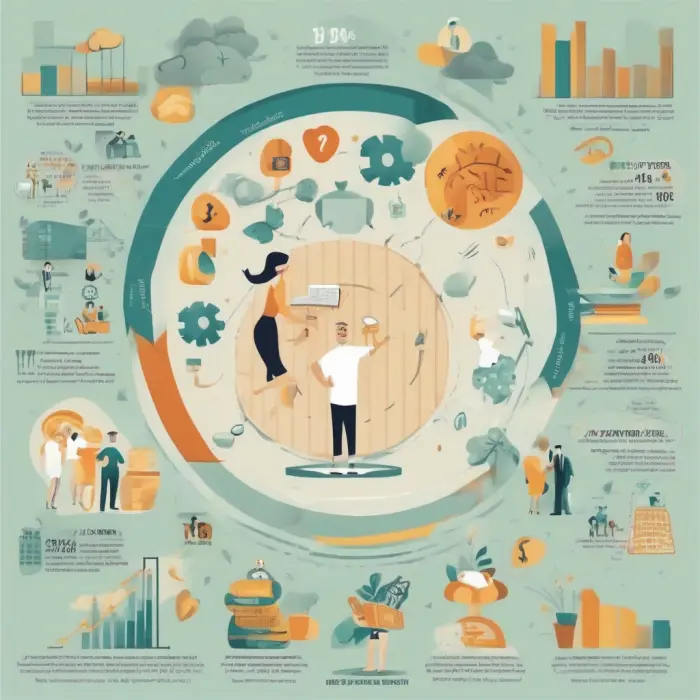The Impact of Technology on Sleep Quality and Strategies for Improvement
Technology has undoubtedly revolutionized different aspects of our lives, but some of its impacts, particularly on sleep and restfulness, may not be so beneficial. While technology has brought about numerous conveniences, its intrusion into our sleeping habits can adversely affect our overall health and well-being. This issue is increasingly important as digital devices become ever more entrenched in our daily lives.
The Negative Impact of Technology on Sleep Quality
Several studies reveal the detrimental effects of technology on sleep quality. Firstly, the harmful influence of blue light emitted by digital devices can cause sleep problems. This kind of light affects melatonin production, a hormone responsible for regulating sleep and wake cycles. Exposure to blue light from electronics like mobile phones, computers, and televisions before bedtime results in the brain staying alert, making it harder to fall asleep.
Moreover, the continuous flow of information and the constant connectivity that technology provides can lead to increased stress and anxiety, further hampering the ability to sleep. For many, the compulsion to check emails and social media notifications often extends into the night, encroaching on our precious sleep time.
Strategies for Improving Sleep in the Digital Age
Although technology poses challenges to healthy sleep habits, it also offers solutions, and certain practices can mitigate its negative impact.
1. Use of Blue-light Blocking Glasses and Filters
Blue-light blocking glasses and apps filter out the harmful blue light and adjust the device’s display according to the time of day. These adjustments can reduce the strain on the eyes and help the body maintain its natural sleep-wake cycle.
2. Creating a Tech-free Bedroom Environment
Keeping digital devices out of the bedroom environment can dramatically enhance sleep quality. This step enables us to associate the bedroom with sleep rather than work or play. Additionally, it eliminates the possibility of interrupted sleep caused by notification sounds or screen glare.
3. Using Sleep-promoting Technology
Today's digital age has also brought us technology designed to enhance the quality of our sleep. For example, various types of sleep technology, from white noise machines to sophisticated sleep-tracking devices, help individuals understand their sleep patterns better and create a more conducive sleep environment.
In conclusion, while technology can disrupt our sleep, it can likewise assist us in finding ways to sleep better. By being mindful of our habits and utilizing sleep-supporting technology, we can harness the power of technology for our benefit and mitigate its potential downsides.
References
[1] National Sleep Foundation. (2011). Annual Sleep in America Poll Exploring Connections with Communications Technology Use and Sleep.
[2] American Academy of Sleep Medicine. (2017). Impact of Technology Use on Children’s Sleep.










